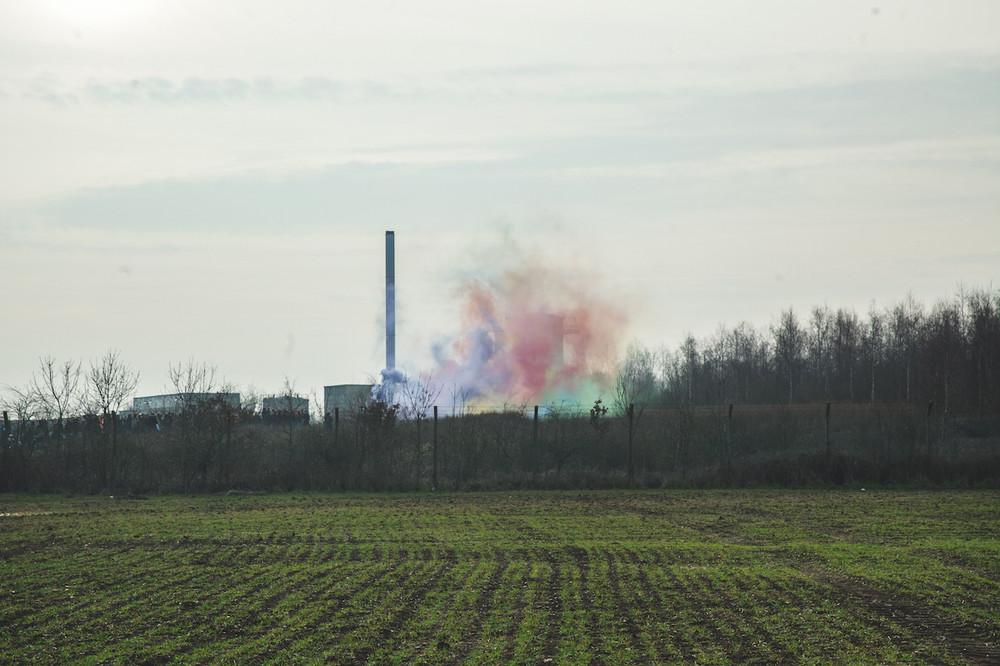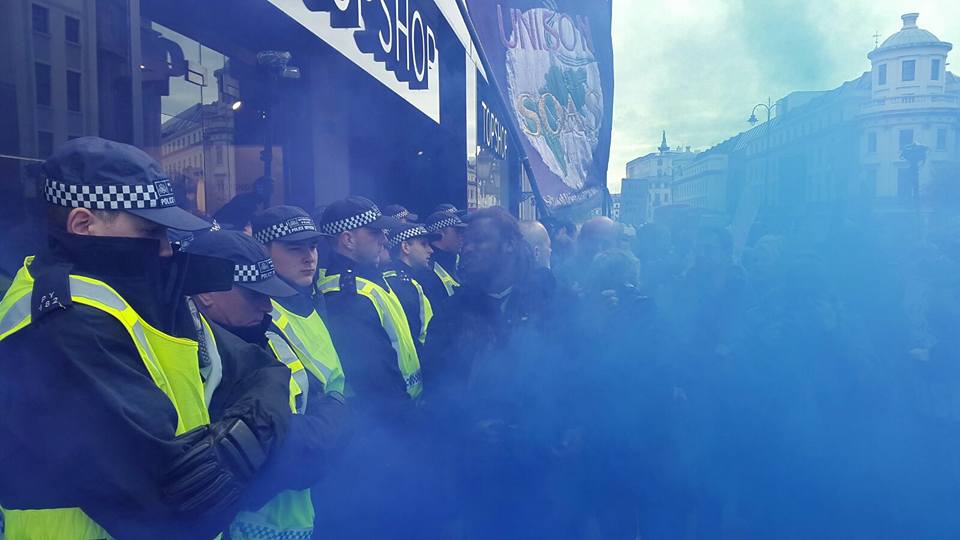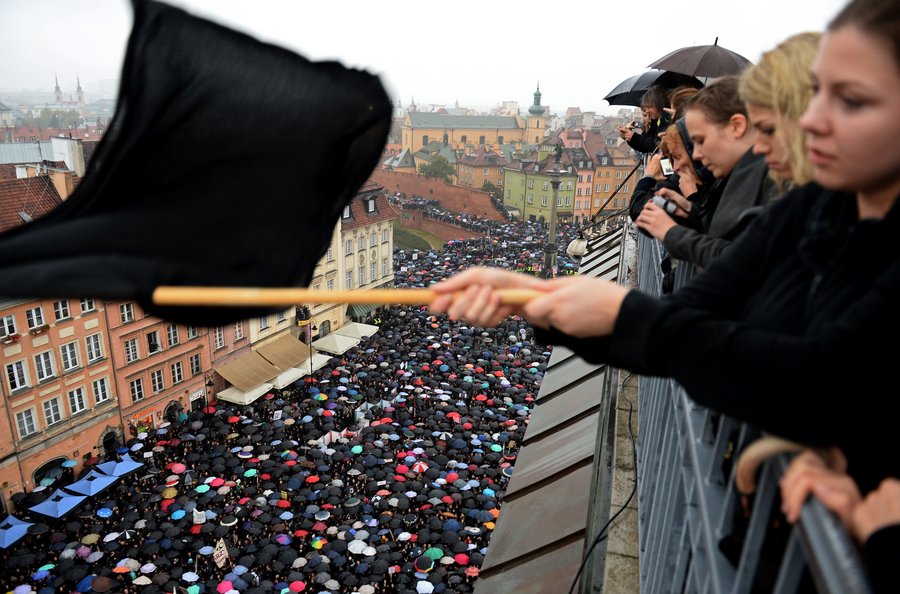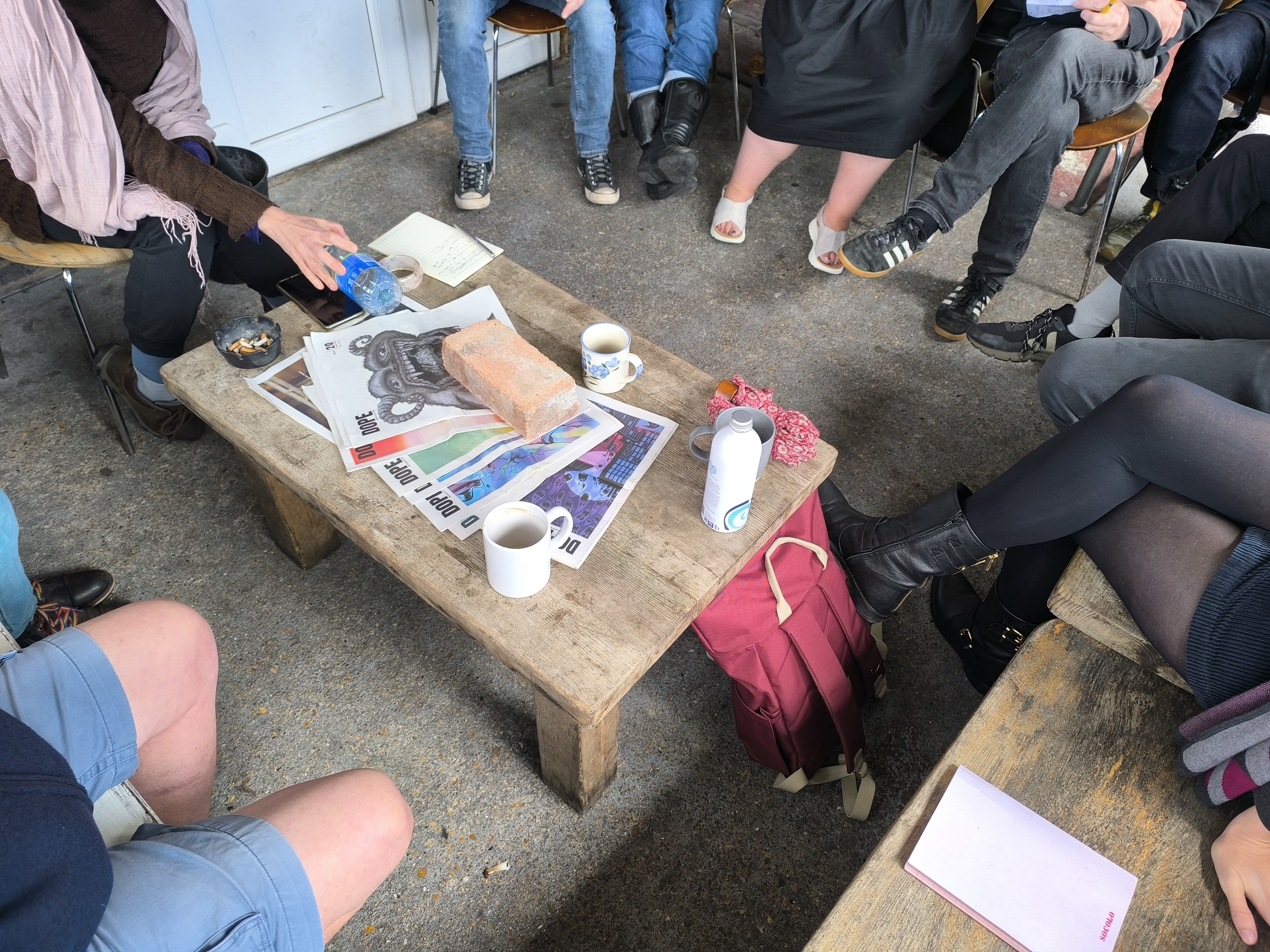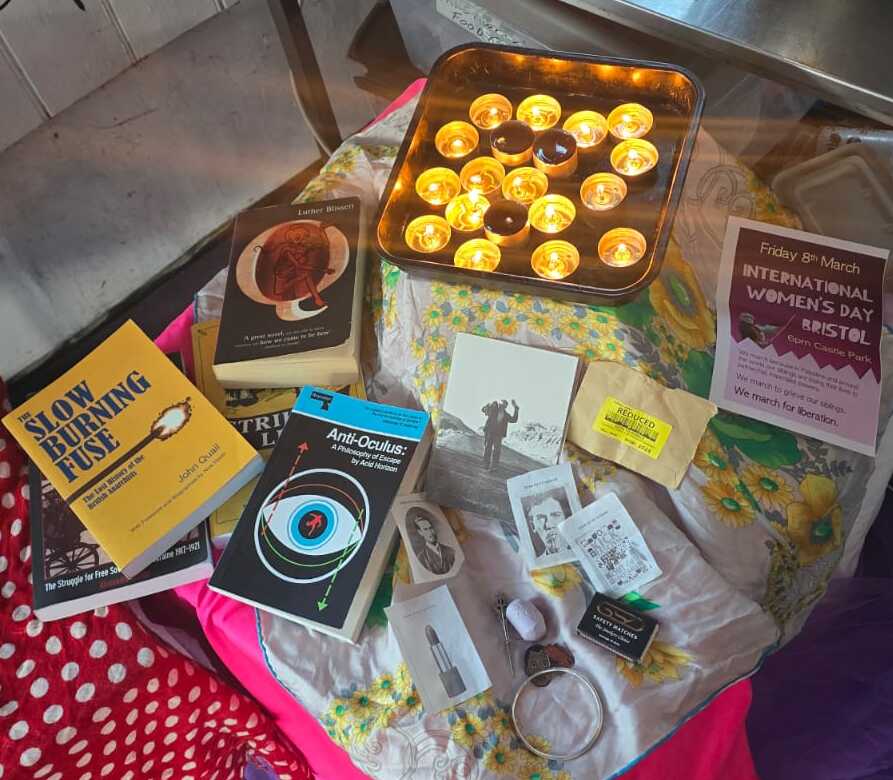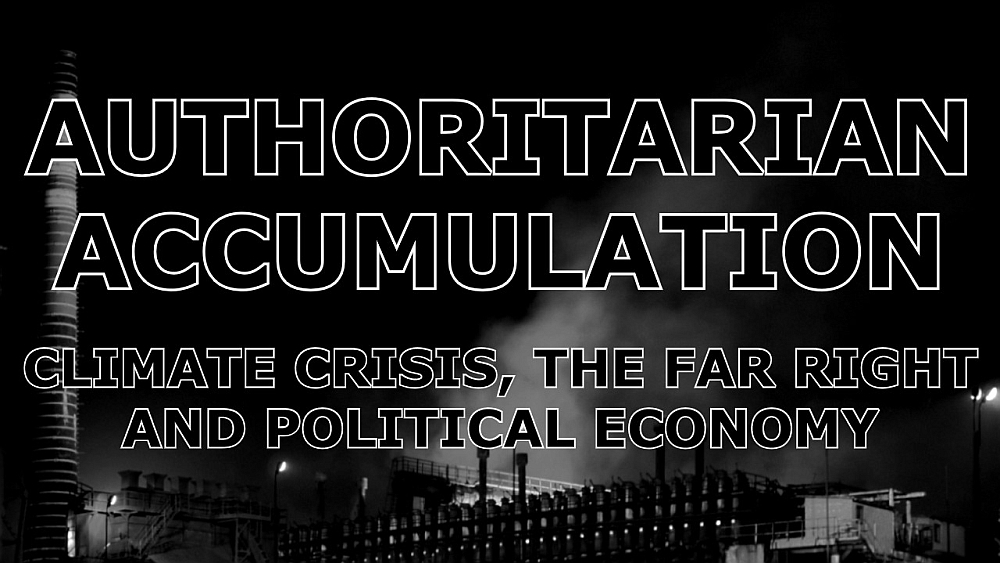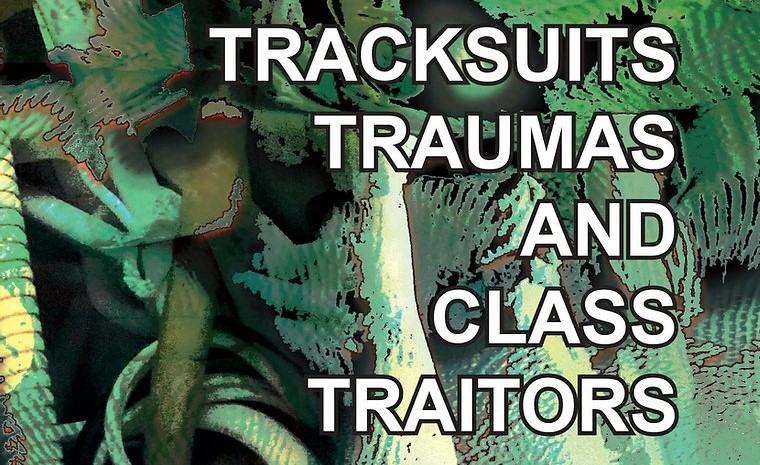Keir Milburn lays out his view of a plan c for 2017
At the moment 2016 looks like going down as a year of despair. If 2008 was the year the neoliberal economic settlement was irrecoverably broken then 2016 definitively broke the ‘Third Way’ political settlement that Bill Clinton and Tony Blair had laid on top. The extreme Centre is lost but this year the far-Right stepped in to save neoliberalism. Brexit, Trump, Erdogan, Termer. Theirs is the dominant story of 2016. But there are other stories, sidelined for now, which might still be rescued by a future turn of events. In India on 2nd September over a hundred million workers went on strike, the largest number in history. In South Africa, Chile and Brazil massive student movements have raged all year against hikes in fees and constrictions on education. Are these echoes of 2011 or a foreshadowing of events to come?
Some political opportunities have been closed off; that’s important to recognise, but nothing is settled and the fulcrum could shift in an instant. The far-Right have won some victories but their coalitions are fragile and they only have solutions to imaginary problems. We will have to fight rear-guard actions against the Right without letting them become our only focus. Let’s fight on the Right’s terrain to defend ourselves and each other, but let’s also work out the issues and struggles through which our decisive victories can be won. When opportunities close down we must prepare the ground for the opportunities to come. That involves the patient work of organising, developing shared ideas, and testing out forms of action.
In Plan C we’ve been using the idea of the Social Strike to orient ourselves as we do this work. It’s starting to pay off but it certainly hasn’t been easy. The UK’s electoral turn, which saw thousands of ‘movementists’ joining a Corbyn-led Labour Party, was an exciting event but it caused our plans to stutter. We can’t be indifferent to electoral politics but it isn’t the principal terrain of a Social Strike strategy.
So what practically does such a strategy look like? And what’s coming up in 2017?
For organized groups, building organisation must mean, in part, building your own organization. This includes increasing your size and geographical spread; we welcomed three new Plan C groups in 2016, Brighton, Glasgow and Teesside. But building Plan C in 2016 also involved undoing problematic hierarchies, while striving to create a caring ethos and atmosphere. We need to care for each other so we can be dangerous together. When we talk about building organisation this must also involve helping other Left organisations to grow, while strengthening the links and trust between groups. This is important work. We need to make the Left habitable for the long-term.
Over the last few months of 2016 Plan C members have been involved in producing the Rebel Roo bulletin and distribution network to build on the fantastic work the IWGB and IWW are doing organising Deliveroo workers around the country. The Rebel Roo bulletins don’t encourage Deliveroo riders to join Plan C (although they are welcome to) – what they really need is base union organisation, so we’ve been working with and promoting the IWGB and IWW. We need a functioning ecology of Left organisations, each performing different functions in resonance with each other.
Plan C has also been supporting the Rent Strike Network hoping to spread the tactic of student rent strikes following this year’s successful strikes at UCL and Goldsmiths. With a series of further rent strikes due to start in the spring this is likely to be a major arena of struggle in 2017.
Both the Rent Strikes and Rebel Roo epitomise elements of a social strike while also pioneering tactics that could easily spread beyond their point of origin. The struggles at Deliveroo are developing tactics that might be rolled out in response to the spread of what’s been called ‘Algorithmic Management’ and ‘Platform Capitalism’. New forms of organising are needed when work is more precarious and transient, and the boss is ever more obscured. Meanwhile, the Rent Strikes show how rent and debt are increasingly important sources of income for capital, and therefore contain important points for disruption.
Another important social strike tactic is the attempt to socialise existing strikes, routing around anti-union laws in ways that allow wider society to add leverage to industrial action. In early 2016 Plan C established the Picket the Profiteers campaign aiming to illuminate the privatisation context of the Junior Doctors’ dispute, something that anti-strike laws prevent unions from including in their actions. We had intended to resurrect that campaign this winter when the Junior Doctors’ strike looked like restarting. As that renewed strike was called off we’ve decided to lay down this campaign, wrapping it up as a legacy of resources and tactics that others can pick up when the need arises.
The social strike emerged in another form in 2016, when Polish women struck against harsher abortion laws. The Poles had been inspired by the Icelandic Women’s strike in 1975. In turn they have inspired an international network of women, including some of Plan C members. There are plans afoot for an International Women’s Strike on 8th March 2017. An important date for your diaries.
In a similar vein there is a plan for a Migrant Workers Strike on 20th February 2017 called One Day Without Us. Plan C members have also been participating in this response to the post-Brexit anti-migrant turn. The strike format highlights both the paid work and the social reproductive work that migrants do. Migrant workers are often hyper-exploited, and it is this that makes migrants so vulnerable to scapegoating despite all the research showing that the actual effect of migrant workers on wage levels is negligible. Immigration is not the cause of low wages. Yet seeing the hyper-exploited situation of migrant workers can make people worried that this will become the new norm. The strike is an opportunity to reverse this perspective, and show how migrant workers have been leading the struggles for better conditions. Migrant workers bringing their own traditions of struggle and organisation are helping to kick-start struggles in areas that the traditional unions are finding hard to reach.
One Day Without Us is an event fraught with difficulties as well as opportunities. One risk is that we reinforce a ‘Them and Us’, ‘Migrant and Native’, division that defies the lived experience of most workers in Britain. Another risk is that we pull back within a national frame of politics, when the forces that limit our lives still operate above that scale. To fight this danger Plan C participates in a number of international networks and seeks to bring these influences to bear on British struggles. For example, as part of the Transnational Social Strike Platform, Plan C are organising an assembly in London 10th and 11th February, as a nationwide as well as transnational moment to discuss the political opportunity of One Day Without Us and the strike as a political weapon.
As well as the Transnational Social Strike Platform, Plan C also participates in Beyond Europe and Blockupy International, two of the several networks and groups who are coming together to organise protests and a counter-summit against the G20 meeting in Hamburg 5th-8th July 2017.The hope is that this will be a moment to build a ‘Europe of Struggles’ as a stepping stone towards the kind of global coordination that the situation demands. The difficulty of this task was made clear to the Plan C members who participated, with Beyond Europe, in the 2016 No Borders camp in Northern Greece, where contrasting political cultures lead to tensions as well as successes. This is also true of the ongoing work of practical, though critical solidarity that the Plan C Rojava Solidarity Cluster have provided for the revolution in Rojava, an increasingly difficult task in the complex horror show of the Syrian civil war.
Finally, there’s one more date I want to put in your diaries. After taking a year off, the Fast Forward Weekend is returning on 1st-3rd September 2017. Keep your eyes peeled for announcements of tickets as these sell out quickly.
Some Key Questions for 2017:
What effect will Trump have on US Social Movements?
Movements, particularly Black Lives Matter look set for some horrendously violent state repression but repression doesn’t always work. Trump is, after all, very much a minority government, yet he is likely to govern as if he had a huge mandate. There are strong residual networks from Black Lives Matter and the Sanders campaign yet the political system is currently blocked off to them. To me the conditions seem right for the emergence of explosive social movements.
What will happen to the Corbynistas?
Will the activists who entered the Labour Party now be sucked into purely electoral politics? Perhaps it’s down to those of us to the side of that phenomenon to treat them as potential allies and provide opportunities for the new Labour members to engage with active politics outside the electoral realm.
Can the Rent Strike model of student struggle spread beyond London?
Is this a form of action that relies on the ridiculous level of London rents? Or are the ridiculous level of rents elsewhere enough on their own? This question will be answered in the spring. Then, the even more exciting question is posed: Can the rent strike spread from students to the public and private rented sectors?

